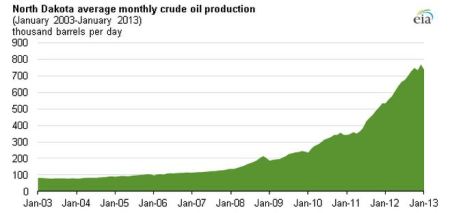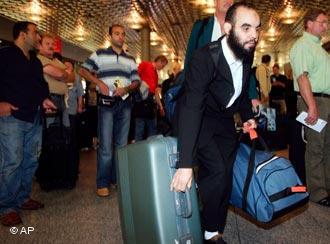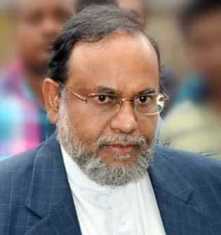770,000 barrels per day closer to independence
Texas, federal waters, and North Dakota constitute the holy trinity of the U.S. energy production, and North Dakota contributes an increasingly larger portion of the total.
Bakken output puts us the U.S. closer toward energy self-sufficiency, which, over time, will mean less power for OPEC, fewer petrodollars going to state sponsors of terrorism, a decreased risk of supply interruptions, and less pressure for America to become involved in the squabbles of the Middle East.
This encouraging data comes to us from PennEnergy on Mar. 18 (hat tip to Steve Maley):
North Dakota oil production reaches new high in 2012
North Dakota crude oil production (including lease condensate) averaged an all-time high of 770,000 barrels per day in December 2012. Total annual production more than doubled between 2010 and 2012 through the use of horizontal drilling and hydraulic fracturing of deposits in the Bakken Formation in the Williston Basin. North Dakota production in 2012 trailed only Texas and the U.S. Federal Offshore region, and the state accounted for 10% of total U.S. crude oil production.
Much of crude oil production in North Dakota is gathered and transported by truck to railcars leaving the state. In the four counties where production is concentrated, about 75% of production is transported by truck, and this can cause supply chain problems at times. Severe weather can impede truck travel, which may lower oil production in the state. Once on-site storage tanks at production sites are full, production stops until the trucks can move again. For example, in November 2012 North Dakota crude oil production fell slightly from the October level to 735,000 bbl/d because of weather-induced transportation problems caused by an unusually heavy snowstorm. Pipeline networks, which can be more efficient and less subject to storm disruptions than trucking, are currently being expanded.
Weather slowing or halting truck transportation can also affect the completion of wells that are not yet producing. According to the North Dakota Department of Mineral Resources (DMR), almost all (95%) wells drilled in North Dakota use hydraulic fracturing to produce the crude oil embedded in shale rock and tight (low permeability) formations. To start production, each well needs hundreds of truckloads of material (900-2,000, including 800 truckloads of water, according to the DMR) on-site that are delivered by tank trucks to storage tanks, unless a sufficient quantity of water is available at the wellsite. The total amount of water needed for hydraulic fracturing must be at the wellsite before hydraulic fracturing can begin.
Because over 80% of North Dakota’s wells are located in only four counties—Dunn, McKenzie, Montrail, and William—in the northwest area of the state, harsh weather in these areas can reduce the state’s total crude oil production, as happened in November 2012 and again in January 2013.
It’s also worth noting that pipeline expansion would help even further—a point lost on extreme environmentalists and Democrats.





UN, U.K. unfreeze Al Qaeda financier’s assets
March 31, 2013In addition to removing Abdelghani Mzoudi from its Al Qaeda blacklist, the UN has lifted sanctions against Mamoun Darkazanli, a longtime terrorist bankroller and logistical manager. The UK’s treasury department has followed suit.
Mr. Watchlist provides some of the technical details surrounding the removal here.
But who is Darkazanli, and why is this de-listing a problem? For that, let’s turn back the dial to this 2010 article from The Telegraph via Free Republic:
Posted in News commentary | Tagged Al Qaeda, Al-Qaida Sanctions Committee, Germany, Mamoun Darkazanli, Resolution 1267, terrorist financing, U.K., UN | 2 Comments »